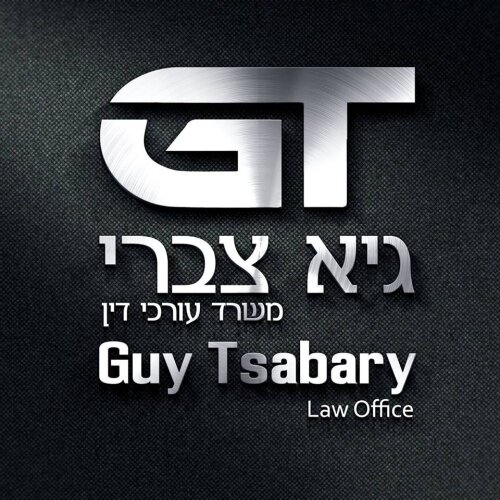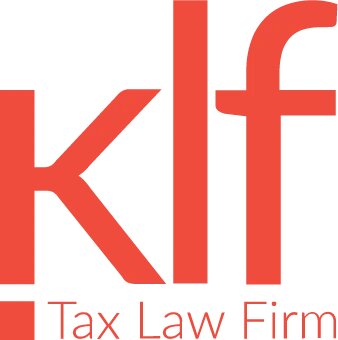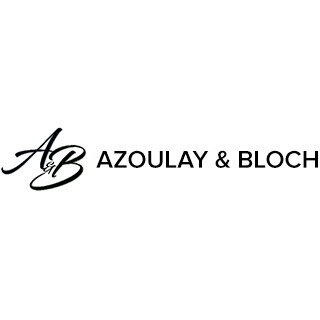Best Sanctions & Export Controls Lawyers in Jerusalem
Share your needs with us, get contacted by law firms.
Free. Takes 2 min.
List of the best lawyers in Jerusalem, Israel
About Sanctions & Export Controls Law in Jerusalem, Israel
Sanctions and export controls are essential legal tools used by governments to regulate and restrict trade, financial transactions, and the transfer of goods, technology, and services. In Jerusalem, as part of the State of Israel, these laws are especially significant due to the region's complex geopolitical climate. Israel implements both its domestic sanctions and export controls as well as adheres to certain international obligations. The laws aim to ensure national security, align with international commitments, and prevent the proliferation of weapons or sensitive technologies that could threaten peace and stability.
Why You May Need a Lawyer
Legal advice is often necessary in the field of sanctions and export controls because these areas of law involve complex regulations, severe penalties for violations, and frequent changes. Common situations where you might require a lawyer in Jerusalem include:
- Unsure if your business or transaction complies with current Israeli sanctions or export controls
- Suspected violation of export laws or receiving a notice from authorities
- Need guidance on applying for import-export licenses for sensitive goods or technologies
- Dealing with frozen assets or blocked transactions connected to sanctions
- Operating a multinational business subject to both Israeli and foreign regulations
- Providing legal counsel for Israeli firms with export operations
- Ensuring compliance during mergers, acquisitions, or contracts with foreign entities
Local Laws Overview
In Jerusalem, Israeli law governs sanctions and export controls, mainly through the Law on the Control of Exports of Security Equipment and the Trading with the Enemy Ordinance, among others. Key aspects include:
- Export and import of dual-use and military items are strictly regulated
- Specific permits and licenses are often required for trading strategic or sensitive items
- Israeli sanctions may target individuals, organizations, or states considered hostile or associated with terrorism
- Violation of sanctions or export control laws can result in severe criminal and civil penalties, including heavy fines and imprisonment
- Israeli companies must comply with local laws even when operating abroad, and may be subject to foreign sanctions regimes as well
- Certain items and technologies are prohibited for export, regardless of their intended use
Frequently Asked Questions
What are export controls in Israel?
Export controls are legal restrictions governing the transfer of goods, technology, and services, particularly those with military or dual-use applications, to foreign countries, entities, or individuals.
Who enforces sanctions and export controls in Jerusalem?
Various government bodies enforce these laws, including the Ministry of Economy and Industry, Ministry of Defense, and the Israel Tax Authority (Customs Division).
What is a dual-use item?
A dual-use item is a product, technology, or software that can be used for both civilian and military purposes. These items are typically subject to more stringent export controls.
Are there specific sanctions against certain countries or entities?
Yes, Israel maintains its own list of sanctioned countries, entities, and individuals, usually for reasons of national security or foreign policy.
What penalties can result from violating sanctions laws?
Penalties range from significant fines and forfeiture of goods, to criminal charges and imprisonment, depending on the severity and intent of the violation.
Do I need a license to export technology?
If the technology is considered sensitive or dual-use, or falls under military applications, you generally need a government-issued export license before transfer.
Can sanctions apply to digital products and online services?
Yes, sanctions and export controls can cover digital goods, software, and online services, especially if they have security or military applications.
How do I check if my product is subject to export controls?
You should consult the relevant Israeli control lists, review applicable ministries' guidelines, and consider seeking legal counsel for a compliance assessment.
What should I do if I discover a potential violation?
Immediately seek legal advice. Self-reporting and prompt corrective actions may reduce penalties and demonstrate good faith.
Are Israeli export controls the same as those in the United States or European Union?
No, while there can be similarities and international coordination, Israel has its own unique laws, policies, and enforcement priorities. Companies doing business across borders must comply with all relevant jurisdictions.
Additional Resources
If you need more information or official guidance, consider contacting or consulting:
- Ministry of Economy and Industry - Foreign Trade Administration
- Ministry of Defense - Defense Export Controls Agency
- Israel Tax Authority - Customs Division
- Israel Export and International Cooperation Institute
- Qualified legal practitioners specializing in sanctions and export controls
- Chambers of commerce and trade associations with export experience
Next Steps
If you need legal assistance regarding sanctions and export controls in Jerusalem, it is advisable to:
- Gather all relevant documents and information about your business operations, products, or transactions
- Consult an attorney with experience in Israeli sanctions and export law
- Act quickly if you suspect a compliance issue to mitigate potential legal risks
- Stay informed about updates to local and international regulations that may affect your activities
- Implement regular compliance reviews and staff training to ensure ongoing adherence to laws
Dealing with sanctions and export controls can be challenging, but with the right legal support, you can protect your interests and navigate the complexities of operating in Jerusalem, Israel.
Lawzana helps you find the best lawyers and law firms in Jerusalem through a curated and pre-screened list of qualified legal professionals. Our platform offers rankings and detailed profiles of attorneys and law firms, allowing you to compare based on practice areas, including Sanctions & Export Controls, experience, and client feedback.
Each profile includes a description of the firm's areas of practice, client reviews, team members and partners, year of establishment, spoken languages, office locations, contact information, social media presence, and any published articles or resources. Most firms on our platform speak English and are experienced in both local and international legal matters.
Get a quote from top-rated law firms in Jerusalem, Israel — quickly, securely, and without unnecessary hassle.
Disclaimer:
The information provided on this page is for general informational purposes only and does not constitute legal advice. While we strive to ensure the accuracy and relevance of the content, legal information may change over time, and interpretations of the law can vary. You should always consult with a qualified legal professional for advice specific to your situation.
We disclaim all liability for actions taken or not taken based on the content of this page. If you believe any information is incorrect or outdated, please contact us, and we will review and update it where appropriate.














